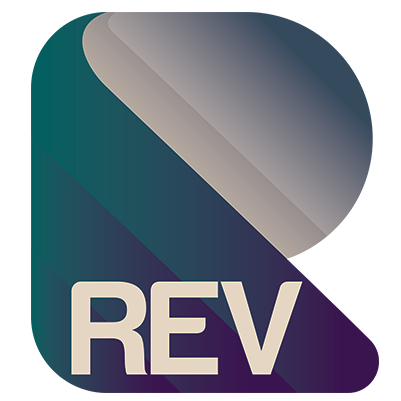“Narrative imagining — story — is the fundamental instrument of thought. Rational capacities depend upon it. It is our chief means of looking into the future, or predicting, of planning, and of explaining.”
That’s a quote from cognitive scientist Mark Turner. According to Turner, we essentially live our lives through stories. Stories dictate our present reality and, in turn, dictate how we process future events.
“Men’s views of one another will differ profoundly as a very consequence of their general conception of the world: the notions of cause and purpose, good and evil, freedom and slavery, things and persons, rights, duties, laws, justice, truth, falsehood, depend directly upon the general framework within which they form, as it were, nodal points.” -Isaiah Berlin, The Purpose of Philosophy
For most of us, the ‘general framework’ Berlin writes about in the above quote is comprised of stories. Narratives our role models or parents taught us when we were young. Parables we read. Stories we told ourselves to make sense of the world around us.
In short, stories define our lives. Which makes stories incredibly powerful. Homer. Shakespeare. Tolkien. The list goes on – there’s a reason storytellers hold exalted positions in human histories and society. Stories are sacred.
Unfortunately, stories are rarely treated as powerful or sacred entities anymore. Social media platforms such as Snapchat, Facebook and Instagram have reduced storytelling into an impersonal, fast-food style consumable product. In doing so, they’ve removed much of the power – and authenticity – that make stories so impactful.
Stories have a unique ability to connect people and create communities revolving around shared, authentic narratives. That’s important because humans are social creatures. We derive meaning from having interactions with other people and coexisting part of a community, a tribe.
If social media enabled us to tell compelling stories, it would make us more connected. But it doesn’t. It does just the opposite. The more people use social media, the more isolated they feel.
At TRIBAL, our mission is simple: we give people a platform to tell stories to each other. Real, authentic stories that aren’t jaded by social media to act as validation substitutes. We provide communities with a space to strengthen bonds through storytelling.
We want to help you reclaim the power of your story.
Because your story matters.
[/et_pb_text][/et_pb_column][/et_pb_row][/et_pb_section][et_pb_section fb_built=”1″ _builder_version=”3.27.2″ background_color=”#f8f8f8″ custom_padding=”27px||30px|||” saved_tabs=”all”][et_pb_row _builder_version=”3.27.2″ width=”53%”][et_pb_column type=”4_4″ _builder_version=”3.27.2″][et_pb_text _builder_version=”3.27.4″ text_font=”Poppins||||||||” text_font_size=”16px” header_font=”Poppins||||||||” header_font_size=”45px” header_4_font_size=”25px”]What Is TRIBAL?
TRIBAL is a relationship and community building platform that helps leaders build strong, inspired teams.
TRIBAL uses strategic storytelling to enable and enhance meaningful relationships across all levels of your organization. By leveraging the inherent tribal nature and impactful stories your organization has, TRIBAL helps leaders shape a meaningful culture from the top down and bottom up. Studies show that a meaningful workplace leads to inspired employees who outperform all others.
[/et_pb_text][et_pb_button button_url=”https://rev.company” button_text=”Learn More About TRIBAL” button_alignment=”center” _builder_version=”3.27.2″ custom_button=”on” button_bg_color=”#0c71c3″ background_layout=”dark”] [/et_pb_button][/et_pb_column][/et_pb_row][/et_pb_section]
